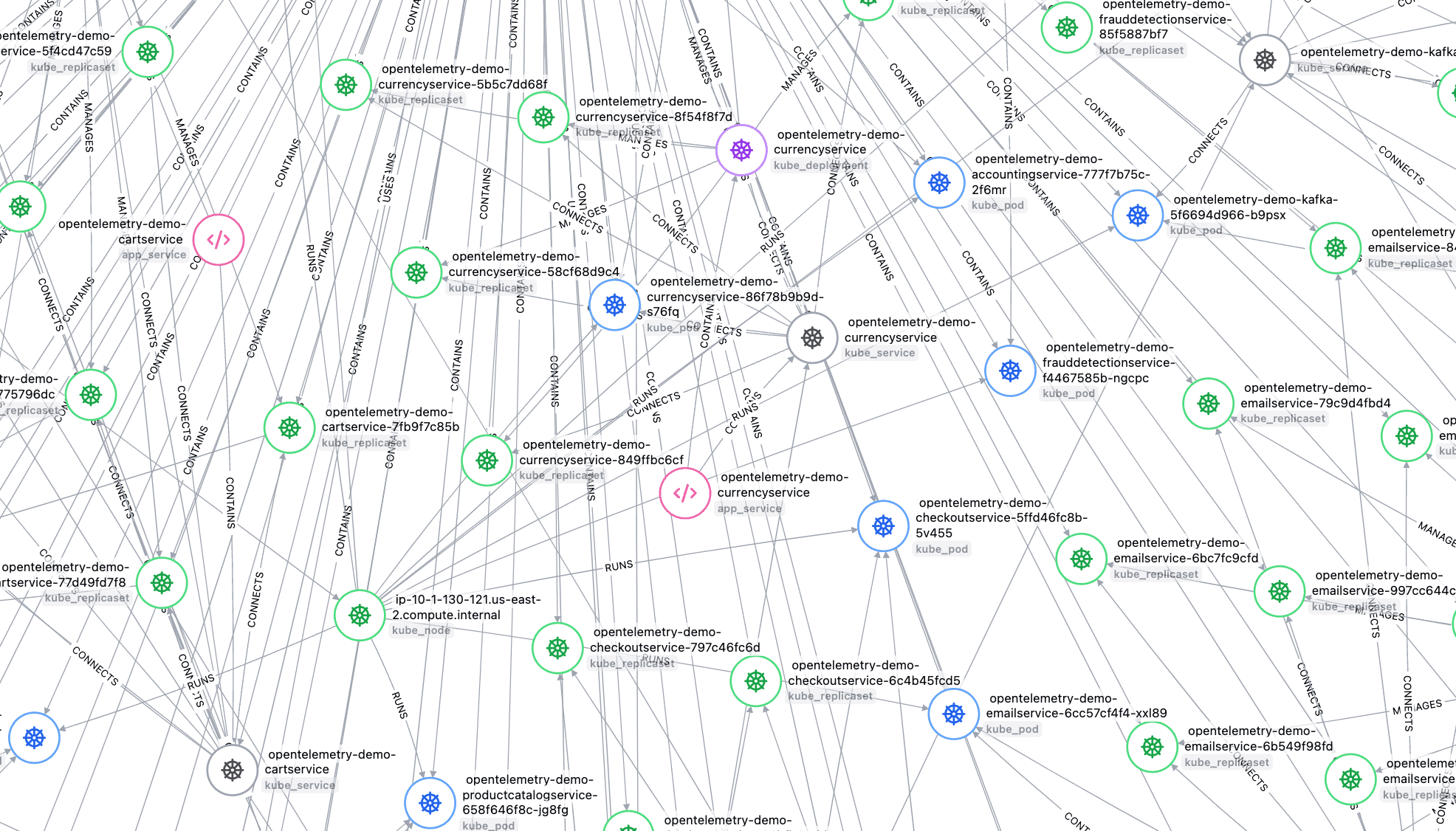Learn how Zscaler uses AI for prod to get to RCA for 150K alerts in minutes

As production systems become more complex, engineering teams face increasing challenges in maintaining reliability and responding to a growing volume of alerts and incidents. Agentic AI, a next-generation approach to automation, is revolutionizing how teams handle on-call responsibilities and incident resolution. Here are the top five ways agentic AI transforms incident response.
1. Eliminating Alert Fatigue
When an alert fires, agentic AI jumps into action. Much like an on-call engineer, it starts by diving into all the relevant data to investigate. It dynamically generates and executes real-time runbooks, analyzing metrics, dashboards, recent code changes, deployments, and logs. In under a minute, the agentic AI identifies a likely root cause and suggests actionable steps to resolve the issue. Unlike humans, it doesn’t tire, doesn’t need sleep, and works tirelessly around the clock with consistency and precision. By shouldering the burden of incident response, it eliminates alert fatigue, ensuring no detail is overlooked while keeping operations running smoothly.
2. Maintaining Dynamic Knowledge
One of the standout capabilities of agentic AI is its ability to continuously learn from every incident. Unlike static runbooks, which quickly become outdated, learning agents dynamically update their knowledge as they interact with the system. When a key team member leaves, their expertise is no longer lost. Instead, agentic AI retains and evolves institutional knowledge, ensuring teams are always equipped with the most relevant and up-to-date information. This ability to adapt to new patterns and environments ensures long-term system resilience.
3. Consistent and Comprehensive Investigations
Human engineers often take varied approaches to troubleshooting similar issues, leading to inconsistent outcomes. Agentic AI eliminates this variability by deploying investigation agents that follow consistent workflows while adapting to the unique context of each incident. For example, one agent might specialize in checking system logs, while another focuses on application metrics. Together, these agents collaborate systematically to ensure that no critical step is missed, establishing a reliable and repeatable troubleshooting process across the organization.
4. Seamless Collaboration Supported by Evidence
Agentic AI isn’t just about problem-solving—it also enhances team collaboration. Platforms like Resolve AI integrate with communication tools like Slack and document every action in real time. Investigation steps, findings, and resolution actions are automatically presented with supporting evidence. The collected evidence not only helps teams resolve incidents faster but also provide valuable insights for post-incident reviews and long-term optimizations. Moreover, the agents provide clear, contextual recommendations, enabling teams to make confident, data-driven decisions.
5. Proactive Incident Resolution
The hallmark of agentic AI is its ability to act proactively. AI agents analyze patterns in metrics, logs, and system behavior to identify potential issues before they become incidents. Resolution agents can then either automatically resolve the issue or provide actionable recommendations to the team.
This proactive approach reduces downtime, improves user experience, and alleviates the stress associated with reactive incident management. For example, Resolve AI’s agentic AI system uses generative models to address issues early and prevent them from escalating.
How Agentic AI Works: The Resolve AI Approach
Resolve AI’s agentic AI system sets a new standard in incident management. Its AI agents work together seamlessly to map and understand production environments without manual training. Each agent is designed for a specific function, such as root cause analysis, resolution, or understanding observability data, and they collaborate like a team of specialists to handle incidents.
This multi-agent approach allows Resolve AI to manage both routine and novel issues effectively, adapting to the unique needs of any infrastructure. By acting autonomously and collaboratively, Resolve AI’s agentic AI ensures faster, more reliable incident management.
The Future of On-call Engineering Lies in Agentic AI
Agentic AI redefines incident management by automating the heavy lifting, enabling teams to shift their focus from reactive firefighting to strategic innovation. These systems not only handle routine tasks but also enhance system reliability through continuous learning, proactive resolution, and seamless collaboration.
As agentic AI continues to evolve, it will unlock even more sophisticated capabilities, further reducing operational burdens and transforming how engineering teams approach reliability.
Key Takeaways
Agentic AI isn’t just the next step in automation—it’s a paradigm shift in incident management. By leveraging independent yet collaborative AI agents, teams can eliminate alert fatigue, retain critical knowledge, standardize workflows, and proactively address potential issues.
With platforms like Resolve AI, agentic AI is already delivering measurable benefits, freeing engineering teams to focus on strategic improvements while maintaining the highest levels of reliability. Embrace agentic AI today to future-proof your operations and unlock the full potential of your team.


Discover why most AI approaches like LLMs or individual AI agents fail in complex production environments and how multi-agent systems enable truly AI-native engineering. Learn the architectural patterns from our Stanford presentation that help engineering teams shift from AI-assisted to AI-native workflows.

Hear AI strategies and approaches from engineering leaders at FinServ companies including Affirm, MSCI, and SoFi.

Resolve AI has launched with a $35M Seed round to automate software operations for engineers using agentic AI, reducing mean time to resolve incidents by 5x, and allowing engineers to focus on innovation by handling operational tasks autonomously.